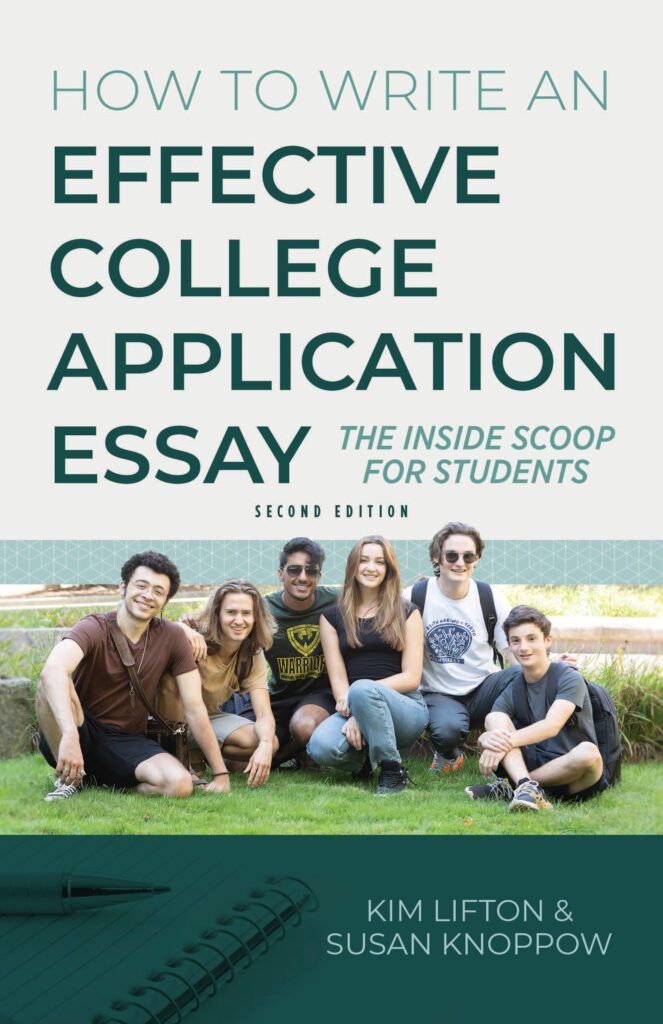Have you ever wondered how to help students avoid clichés?
This topic has come up several times during our one-on-one meetings with this year’s CEE trainees. We get questions about clichés from pros like you every year.
As you prepare for the 2024-25 application season, which kicks off this month (March Madness), consider embracing the cliché.
Rather than nixing them outright, we recommend using the cliché as a springboard to help your students find meaningful stories for their application essays.
First, consider why clichés are clichés. Because they are true. We rely on them because they start from a place of honesty.

We all know that students share so many of the same types of experiences (working as camp counselors, attending religious/cultural school, bagging groceries, tutoring peers, volunteering).
They face similar tragedies (someone they love dies, a parent loses a job, they struggle with anxiety or depression). And that’s why they want to start with those experiences when they try to figure out what to write about in their college essays.
And that’s okay. That’s great, actually.
Colleges just want to know who the student is, beyond all that. So, let’s help them.
If a student has positive traits and characteristics to share, any of these seemingly clichés topics can become the basis of an effective essay.
You’ll need to be curious to move your student beyond the cliché. Ask questions. Lots of questions.
Here’s how to do that:
Let’s say your student, Nadia, wants to write about her cultural background because her parents are from another country.
My cultural background/religion is so unique.
My parents are from (fill in the blank).
Make sure Nadia knows why she wants to tell a story about her culture.
Ask: What do you want colleges to know about you that they can’t find out from the rest of your application package?
Encourage Nadia to share a positive trait or characteristic. Is she creative? Hardworking? Resourceful? Independent?
Let Nadia tell you which traits she wants to share.
Make sure you say something positive to make Nadia feel comfortable and trust you.
That’s so interesting. I am so glad you shared this with me.
Then explore further in a conversation.
You might find out the parents got married in their home country, then moved to the U.S. for a job. Nadia was born here. Consider what else you want to know.
You could ask, How does your cultural background show up in your everyday life?
Nadia may tell you what she eats, how she prays, how she dresses, and what else she does to stay connected to her culture. When one of those examples links to the trait or traits she wants to share, then it will be clear she has a workable topic.
Embrace the cliché with your students.
You never know where it will lead.
What are your thoughts about clichés? We’d love to learn more about how you approach them.

Learn more about how Wow approaches the college essay by downloading a free copy of our book! You can share the book with your students, too.


